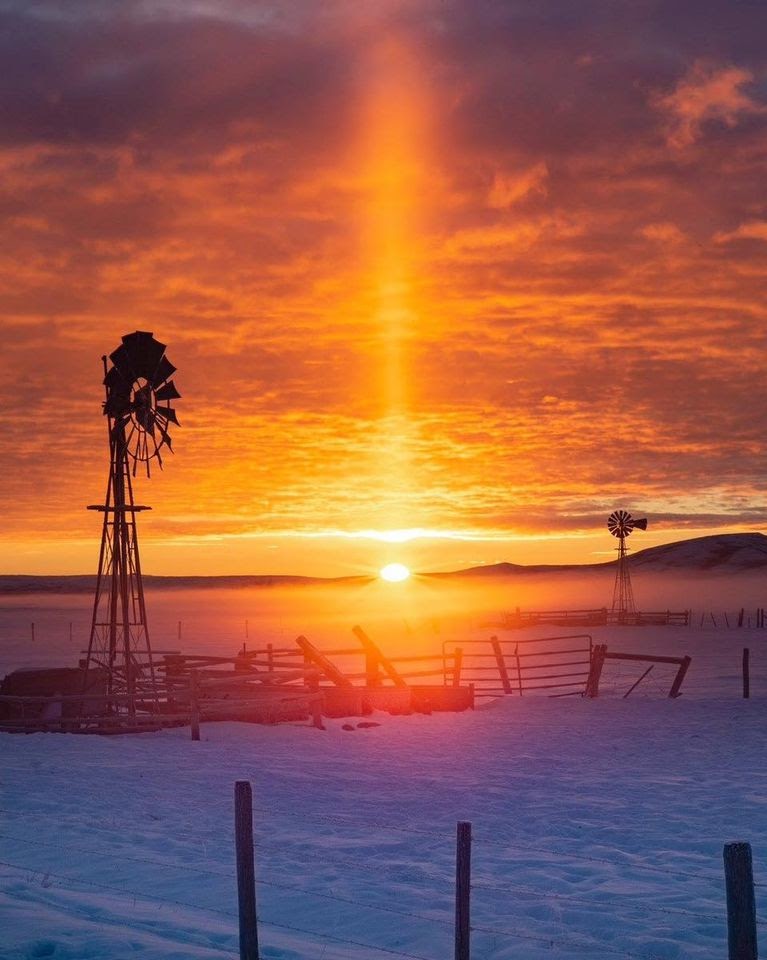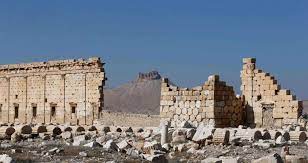We blame the gun after I pulled the trigger, the cigarette company because I smoked, or the prostitute because I get a disease. Fans blame the coach for losing the match.
Mormons have a great plan for your dead ancestors. You get baptized in their place, their sins are forgiven, and they enter the kingdom of God.
Others have another take on the sins of your ancestors. You’re guilty of their sins 300 years ago and must pay the price through social justice. It’s Mormonism without the water!
Should you be held responsible for the sins of your ancestors? How would you know those sins? How many generations back will you go?
No one today, nor of the past, has clean hands. No tongue, tribe, nation, skin color, or individual – past or present – is innocent of horrible things.
Africans enslaved Africans over thousands of years. In the 1400s, the Inca in South America murdered their neighbors in violent religious rituals. Pacific islanders stole from one another and then ate each other. Five hundred years ago, Roman Catholics killed Protestants and Lutherans killed Anabaptists. My great-grandfather defrauded his neighbors with rotten potatoes. The whole world is a guilty mess!
What do you mean when you use this proverb concerning the land of Israel: “The fathers have eaten sour grapes, and the children’s teeth are set on edge?”
“As I live,” says the Lord God, “you shall no longer use this proverb in Israel. Behold, all souls are Mine; the soul of the father as well as the soul of the son is Mine; the soul who sins shall die” (Ezekiel 18:2-4).
In the days of the Jewish prophet Ezekiel, people blamed each other for the sins of their ancestors, even creating a proverb about it. God told Israel to stop repeating the proverb because it wasn’t true. God holds each sinner personally responsible for his own sins and not the sins of others.
When Adam sinned, he blamed God and Eve. Eve blamed the serpent. The serpent was the only one in the Garden who didn’t pass the buck (Genesis 3:8-13). Blaming someone else (or their ancestors) is always easier than looking in the mirror to see where I miss the mark.
God saves and forgives individuals one-by-one by grace through faith in Christ. God’s Saviour meets the sinner where he is, not where his great-great-great-grandmother was.






You must be logged in to post a comment.